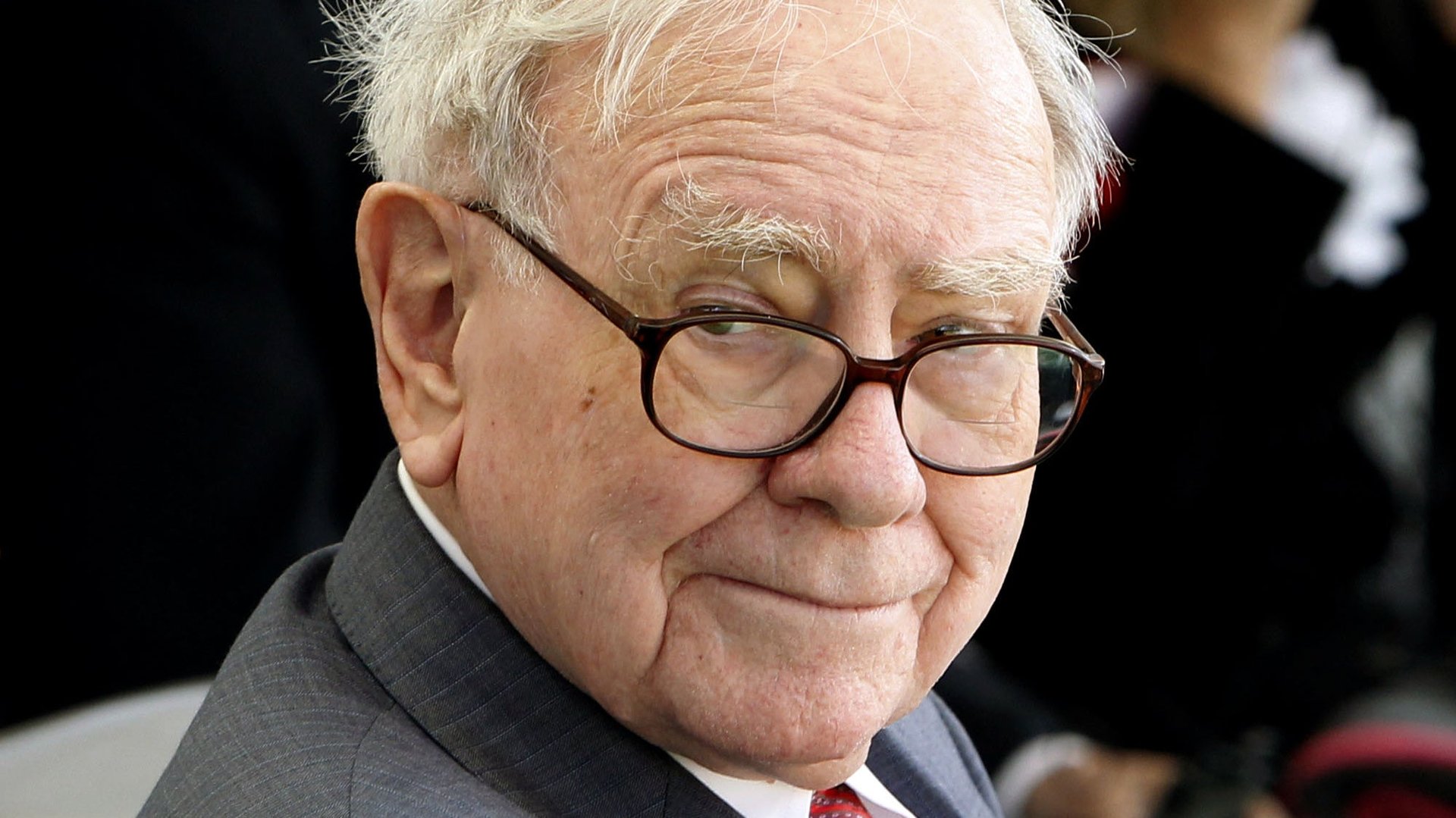Five business insights from Warren Buffett
Warren Buffett is the demigod of value investors, and although his conglomerate, Berkshire Hathaway, didn’t have its best year in 2012, Buffett told his investors today in his annual note (pdf) that room for growth is just around the corner. Where, exactly? Buffett had a few pointers for 2013:


Warren Buffett is the demigod of value investors, and although his conglomerate, Berkshire Hathaway, didn’t have its best year in 2012, Buffett told his investors today in his annual note (pdf) that room for growth is just around the corner. Where, exactly? Buffett had a few pointers for 2013:
1. Growth is coming, America
It’s still struggling with the remains of the financial crisis, as well as ripple effects from Europe and China. But Buffett believes the worst is over:
Opportunities abound in America…The risks of being out of the game are huge compared to the risks of being in it.
2. Spend, spend, spend… but on the right stuff
The “fiscal cliff,” the debt ceiling, “sequestration”, the Dodd-Frank reform… Business leaders have had lots of reasons to warn that they might stop investing in their businesses while government policy is straightened out. According to Buffett, this “wait and see” strategy is baloney. He’s been spending, and he’s going to keep doing it.
America has faced the unknown since 1776. It’s just that sometimes people focus on the myriad of uncertainties that always exist while at other times they ignore them (usually because the recent past has been uneventful)…
[We spent] a record $9.8 billion on plant and equipment in 2012, about 88% of it in the United States. That’s 19% more than we spent in 2011, our previous high. Charlie and I love investing large sums in worthwhile projects, whatever the pundits are saying. We instead heed the words from Gary Allan’s new country song, “Every Storm Runs Out of Rain.” We will keep our foot to the floor and will almost certainly set still another record for capital expenditures in 2013…
If you are a CEO who has some large, profitable project you are shelving because of short-term worries, call Berkshire. Let us unburden you.
3. Watch out for your bonds
Companies holding large, high-yielding bond portfolios accumulated before the crisis are in for a rude awakening. There won’t be many of those in a low-yield world, with central banks pumping liquidity into sluggish economies. We’ve already seen that happening with the pension funds of telecoms like AT&T and Verizon, but the logic also fits for insurance companies.
Insurance earnings are now benefitting from “legacy” bond portfolios that deliver much higher yields than will be available when funds are reinvested during the next few years – and perhaps for many years beyond that. Today’s bond portfolios are, in effect, wasting assets. Earnings of insurers will be hurt in a significant way as bonds mature and are rolled over.
4. Get out of derivatives
In the years leading up to the crisis, many big businesses got into the habit of trading derivatives, either to hedge against exposures in certain markets or simply because they could make a buck doing so. According to Buffett, now’s the time to get out. Although he doesn’t mention Dodd-Frank or Wall Street regulation—which has increased the amount of capital traders need to pledge as collateral against trades—he warns firms to be cautious about any investment that could require them to pledge oodles of cash at a moment’s notice.
We continue to wind down the part of our derivatives portfolio that involved the assumption by Berkshire of insurance-like risks. (Our electric and gas utility businesses, however, will continue to use derivatives for operational purposes.) New commitments would require us to post collateral and, with minor exceptions, we are unwilling to do that. Markets can behave in extraordinary ways, and we have no interest in exposing Berkshire to some out-of-the-blue event in the financial world that might require our posting mountains of cash on a moment’s notice.
5. Don’t give out the news for free
Buffett surprised investors in 2012 by acquiring 28 daily newspapers for the price of $344 million. His rationale? There’s money in local news, as long as the business model is right. And “right” means not publishing online for free:
If you want to know what’s going on in your town – whether the news is about the mayor or taxes or high school football – there is no substitute for a local newspaper that is doing its job. A reader’s eyes may glaze over after they take in a couple of paragraphs about Canadian tariffs or political developments in Pakistan; a story about the reader himself or his neighbors will be read to the end…
Even a valuable product, however, can self-destruct from a faulty business strategy. And that process has been underway during the past decade at almost all papers of size. Publishers – including Berkshire in Buffalo – have offered their paper free on the Internet while charging meaningful sums for the physical specimen. How could this lead to anything other than a sharp and steady drop in sales of the printed product?